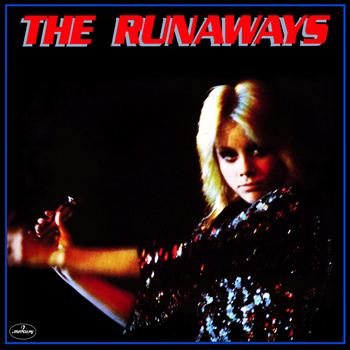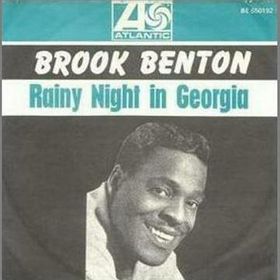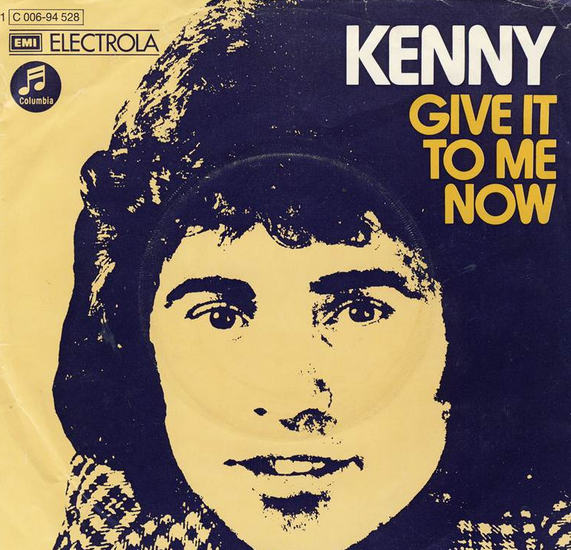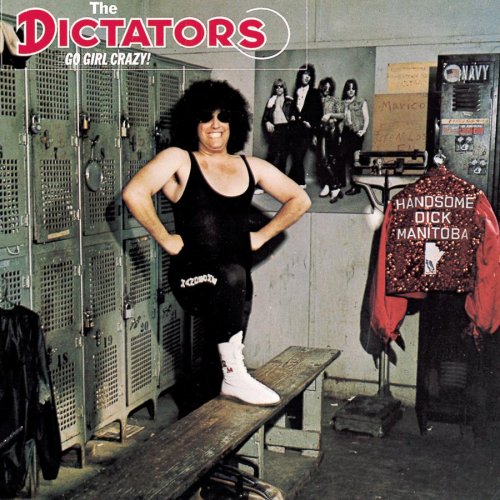
“Thunder” (1976) – The Runaways * Written by Kari Krome and Mark Anthony * LP: The Runaways * Produced by Kim Fowley * Label: Mercury
In this song from side A of the Runaways’ debut LP (never released as a single), the double-tracked voice of Cherie Currie shares similarities with the double-tracked voice of Denise Nickerson, who sang lead on some of the “Short Circus” sequences on The Electric Company, the kids show on PBS that ran from 1971 to 1977. It invites mental images, as it plays, of pre-teen kids in rust-colored polyester outfits shimmying while the word THUNDER flashes across the screen.









